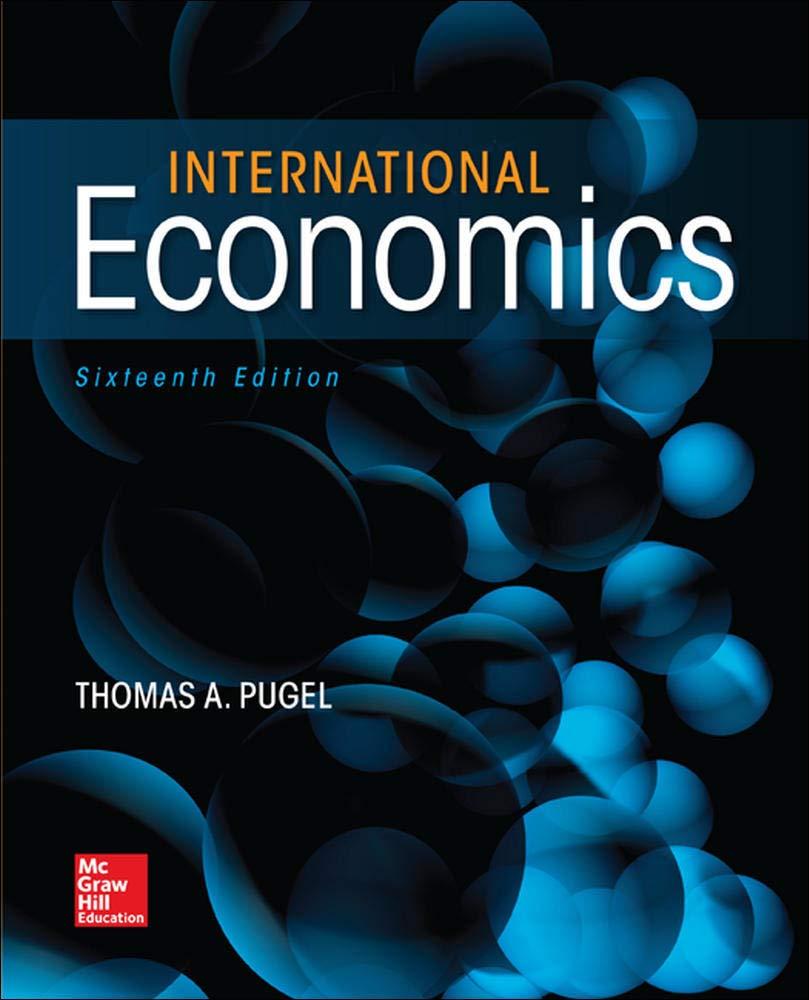Question
The three friends Berta, Charlie and Dorthe are having a movie night and are scrolling through Netflix to decide on what to watch. They have
The three friends Berta, Charlie and Dorthe are having a movie night and are scrolling through Netflix to decide on what to watch. They have a really limited Netflix subscription that only gives access to three movie options: Up, It and Saw. We will let A denote the set of options so A = {Up, It, Saw}
Berta, Charlie and Dorthe have preferences over the movies in A that can be described in words as follows: All three friends weakly prefer a movie over itself. In addition to this:
1. Berta also ...
- weakly prefers Up over It
- weakly prefers Saw over It
2. Charlie also ...
- weakly prefers Up over It - weakly prefers It over Saw - weakly prefers Saw over Up
3. Dorthe also ... - weakly prefers Saw over It - weakly prefers It over Saw - weakly prefers Saw over Up - weakly prefers It over Up
(a) The above describes the friends' preferences in words. As you have seen in the slides, another (standard) way to describe the preferences is through a list of a mathematical weakly preferred-statements like 'Up Saw'. Write out Berta's preferences in the form of such a list. (hint: remember that all the friends prefer a movie to itself)
(b) As you have also seen in the slides, another way to describe preferences is as a set of pairs where the first option in the pair is preferred to the second (i.e. having (Up, Saw) in the set means that U p Saw). Write out Charlie's preferences in the form of such a set.
(c) Are Berta's preferences complete?
(d) Are Charlie's preferences transitive? Are they rational?
(e) Give an informal explanation for why Dorthe's preferences are rational. (You should be precise about what the definition of rational is but you do not need to formally prove that Dorthe's preferences satisfy this definition)
Given their different preferences, the friends need to come up with some way of making joint decision about which film they prefer to watch. In words they decide on the following: Berta gets to decide
(f) Does this decision work as a social choice function? If yes, let denote the resulting aggregate preference relation (samfundsprferencerne). Is rational?
Step by Step Solution
There are 3 Steps involved in it
Step: 1

Get Instant Access to Expert-Tailored Solutions
See step-by-step solutions with expert insights and AI powered tools for academic success
Step: 2

Step: 3

Ace Your Homework with AI
Get the answers you need in no time with our AI-driven, step-by-step assistance
Get Started


